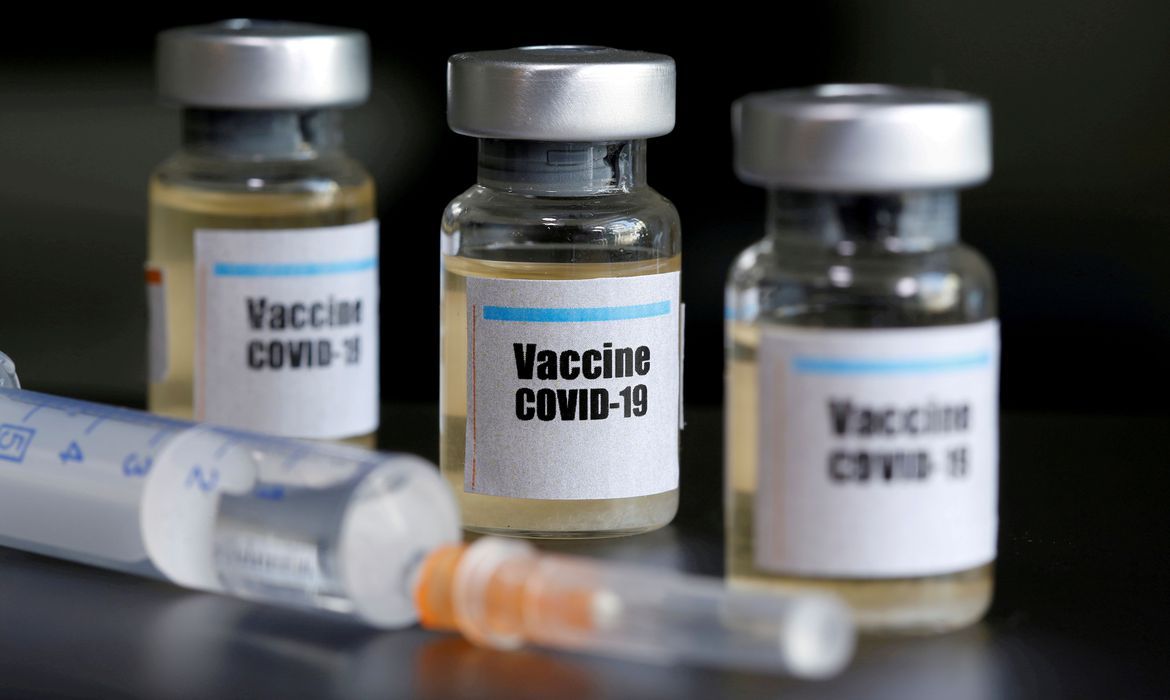RIO DE JANEIRO, BRAZIL – The rush to prevent economies from collapse due to the impact of Covid-19 may result in a vaccine that prevents critical cases or death from the disease, but not coronavirus contagion.

While defeating the virus is the ultimate goal, early vaccines may be limited as to what they can offer, according to Robin Shattock, a professor at Imperial College London who leads the development of an experimental vaccine.
“Is it protection against contagion?” Shattock said. “Is it protection against the disease? Is it protection against a serious disease? It’s quite possible that a vaccine that only protects against a severe disease is very useful.”
As countries cautiously emerge from quarantine, leaders seek a preventive vaccine as a way back into pre-pandemic life. Financed by billions of dollars in government investments, vaccines from little-known companies like China’s CanSino Biologics and giants like Pfizer and AstraZeneca are under development.
At least one of the most advanced experimental vaccines has already progressed to human trials, after showing an impact on critical cases – but less on contagion – in animals. Experts say this product would probably be widely used if approved, albeit with limited efficacy, until a more effective version reaches the market.
“Vaccines need to protect against disease, not necessarily contagion,” said Dennis Burton, immunologist and vaccine researcher at Scripps Research in La Jolla, California.
Disadvantages
However, there are disadvantages. While these vaccines have the potential to save lives, they can lead to complacency in countries wary of quarantine, said Michael Kinch, a drug development expert who is associate vice chancellor at Washington University in St. Louis.
“My guess would be that the day after someone gets immunized, they’ll think, ‘I can go back to normal life. It’s going to be okay,'” he said. “You won’t necessarily realize that you may still be susceptible to infection.”
Covid-19 is believed to be spread by asymptomatic people, and a vaccine to prevent symptoms can create an even greater number of such cases.
Vaccines are among the most effective weapons against infectious diseases and prevent up to three million deaths a year, according to the World Health Organization. However, few vaccines, if any, are 100 percent effective in all people immunized. For instance, approximately three percent of people vaccinated against measles develop a mild form of the disease and can infect others.
130 vaccines
In an attempt to address a rapidly growing threat, scientists are turning to technologies that have never been used successfully in humans. Over 130 vaccines are being developed for the prevention of Covid-19, according to the W.H.O.
Another vaccine developed by Oxford University uses an innovative approach, in which Covid genes are inserted into a different, harmless virus. They produce proteins recognized by the immune system, which increases defenses against an actual infection.
Some 25 percent of experimental vaccines listed by the W.H.O., including two already in human trials, follow the same approach as the Oxford vaccine. One of the advantages of technology is speed. AstraZeneca, in partnership with Oxford, said it will begin supplying doses to the UK in September, and will also provide the US, which helped fund its development, the following month.
Over the weekend, AstraZeneca and four countries in the European Union said they have signed an agreement to distribute hundreds of millions of doses of the vaccine.
Source: Bloomberg

